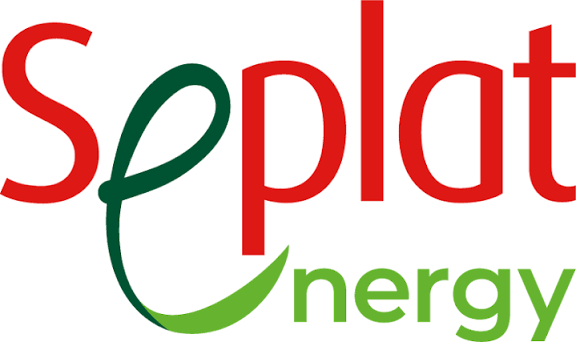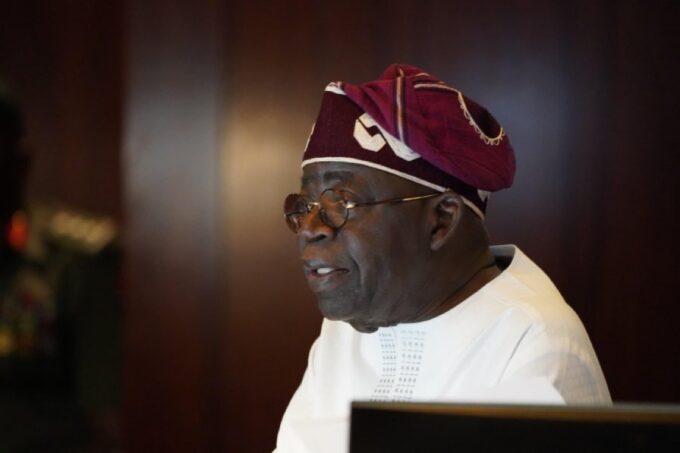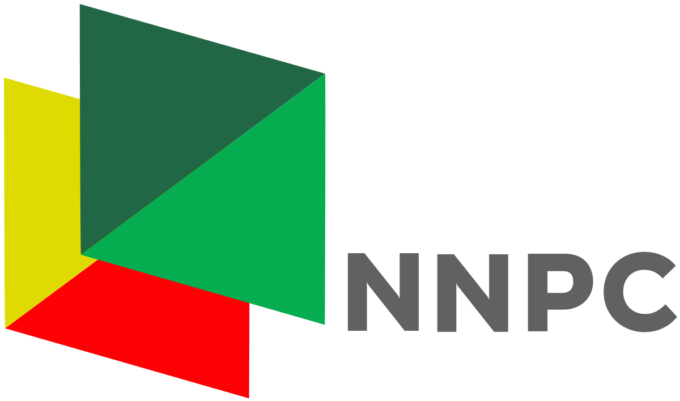The Chief Executive Officer of the Nigerian Export Promotion Council (NEPC), Nonye Ayeni, has disclosed that Nigeria’s non-oil export has risen to $1.791 billion in the first quarter of 2025.
Ayeni made this disclosure during a one-day sensitisation exercise organised by the Council for Sesame seed farmers, on Thursday in Dutse, Jigawa State capital
The theme of the workshop is: “A Tactical Involvement for Enhancing the Production Capacity of Sesame Seed in Jigawa State.”
Ayeni, represented at the sensitisation exercise by Okany Chika Sylvia, Chief Trade Promotion Officer, NEPC, said the export value represents a 24.75 per cent increase compared to 19.59 per cent for the first quarter of 2024.
According to Ayeni, the non-oil performance for 2024 indicated that sesame seed ranked number three out of the top 20 export products, amounting to 337.8258 metric tonnes with 4.63 per cent of the quantity exported.
ALSO READ: Nigeria’s Non-oil Exports Jump To $3.225bn In H1 2025-NEPC
“Nigeria can obtain a significant share in the enormous forex from sesame seed export in the globlglobal market,” she said.
Ayeni stressed the need to enhance the nation’s sesame yields and production to maximise the export potential along the value chain.
In a presentation, Sylvia said the export of Nigeria’s sesame seed to Japan between 2019 and 2021 was allegedly threatened due to the discovery of excess pesticide residue and salmonella.
“The offshoot of this discovery was raised by Japan Oil and Fat Importers and Exporters Association (JOFIEA) on 5th August, 2022.
“Relatively, the Japanese Authorities allegedly confirmed that a high dose of pesticide residue found in Sesame Seed exported to Japan between 2019-2021 was 1.9 times in excess of Maximum Residue Limit (MRL),” she said.
Sylvia highlighted that some of the challenges related to sesame seed export include poor compliance with sanitary and phytosanitary requirements, cross-contamination during the handling process, and a lack of proper documentation by exporters.
The NEPC official highlighted some of the solutions to include addressing the contaminant issue from the farm gate to the market, a comprehensive approach and leveraging training of farmers on Good Agricultural Practices (GAP).
“The introduction of a technology-driven traceability system, tackling logistic hurdles, packaging and product differentiation, will also curtail the situation.
“Quality testing, deployment of modern technology, awareness campaign as well as establishment of good storage system is vital,” she said.
Sylvia advocated the establishment of clusters within the medium-term frame, stressing that the council would engage relevant stakeholders to ensure zero rejection of agricultural exports, especially sesame seed.
“We believe that through strategic engagement, partnerships Nigeria’s sesame seed export will be boosted and competitively repositioned across major destination markets.”
NEPC Coordinator in Jigawa, Mr Abdulkadir Aliyu, in his own address at the event, said the forum aimed at increasing Nigeria’s sesame seed output, just as he as he also added that the overall objectives were to help the country tap into the growing opportunities in the global market, particularly in foreign exchange earnings.
“This is a valuable opportunity to gain insights and contribute meaningfully to the development of this important sector,” he said.
Balaraba Ibrahim, one of the participants, also called for the establishment of aggregation centres for sesame seed processing in Jigawa.
She expressed concern over the level of exploitation being faced by sesame farmers, who lack the capacity to process the produce, adding that the trend forced them to dispose of it at cheaper prices.
Magaji Rabi’u, another participant, advised farmers and residents of the state to explore export opportunities through the NEPC.











